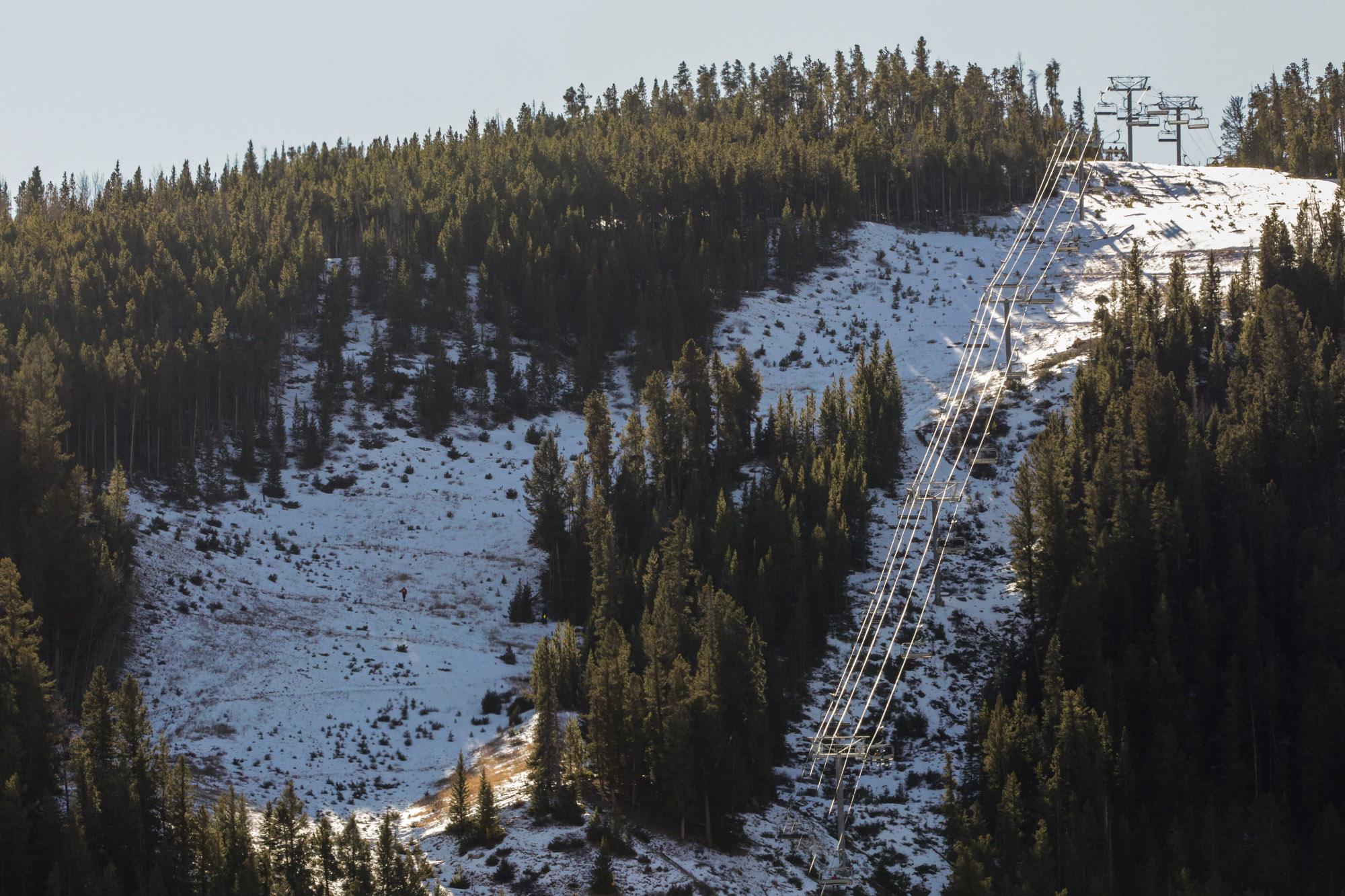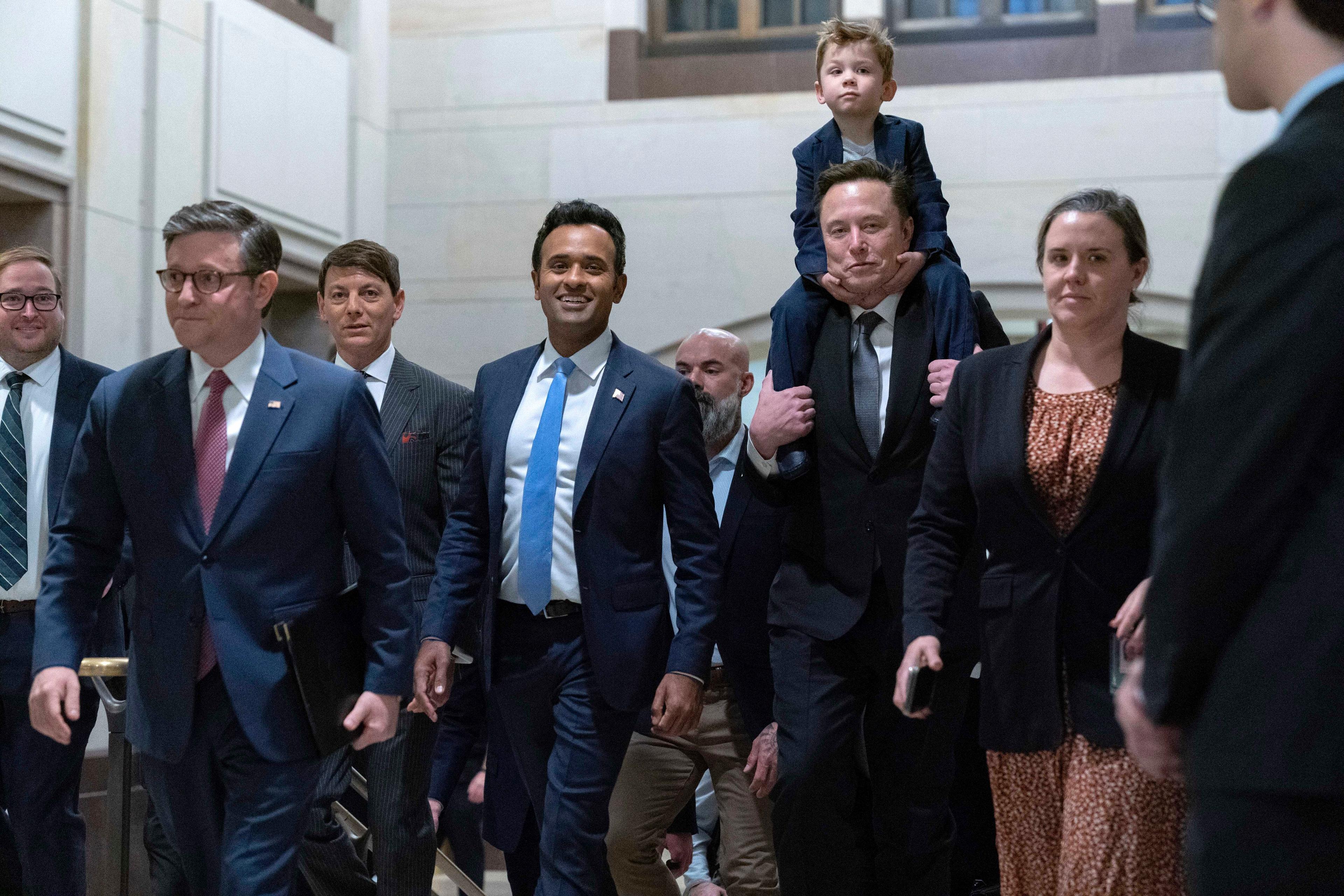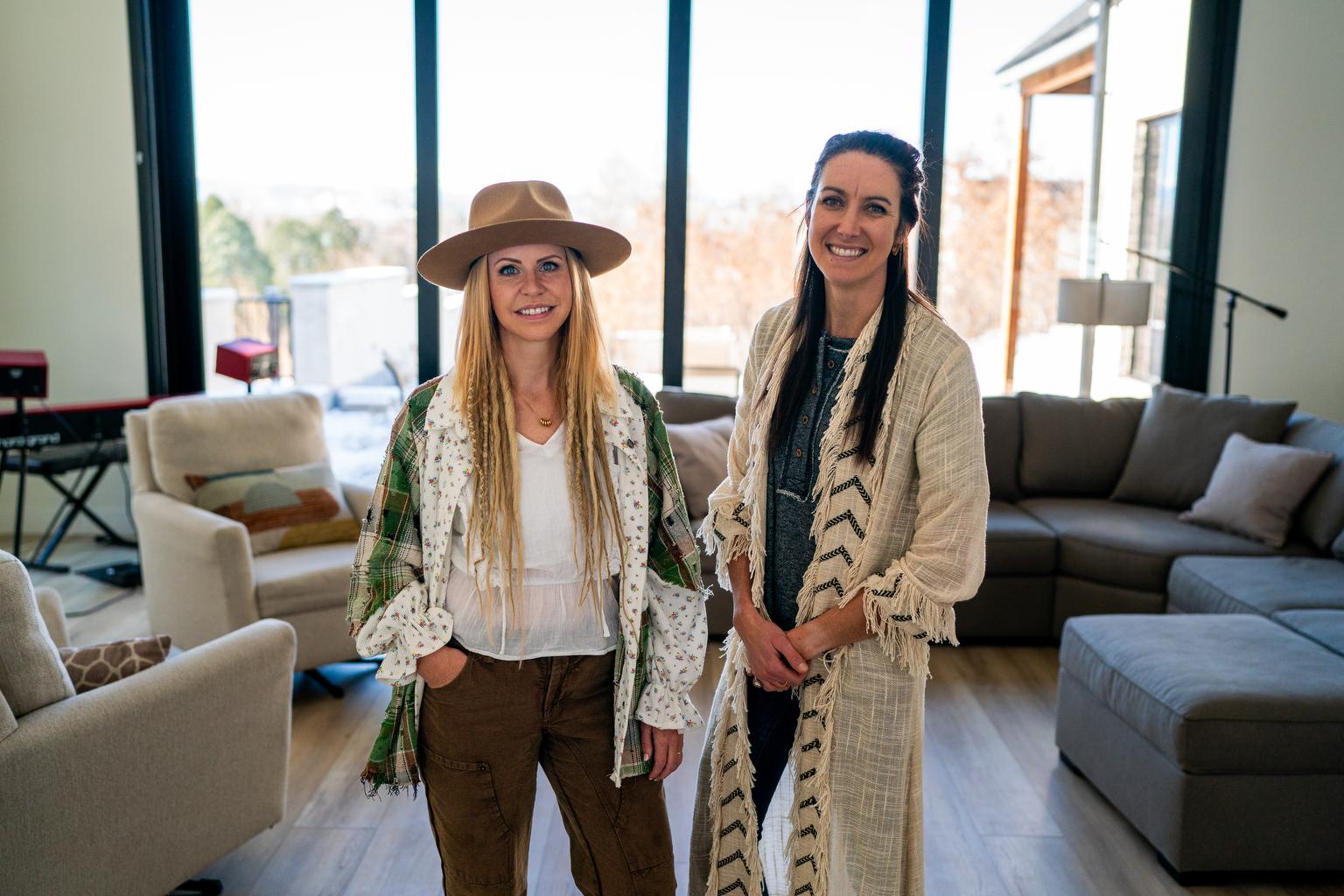
Shootings have dominated the news lately. So in the aftermath of events in Colorado Springs and San Bernardino, CPR News took a look at how news outlets do reporting such events. Nearly 200 listeners responded to our Public Insight Network query asking, "How should the media cover mass shootings?"
Business and nonprofit consultant Carolyn Love, 64, of Broomfield worries ratings win out over thoughtful reporting. Chris Hamilton, 36, a technology information professional from Wheat Ridge, thinks round-the-clock coverage goes overboard.
The two spoke with Colorado Matters host Ryan Warner. Judy Muller, a journalist who covered the shooting at Columbine High School in 1999 for ABC News, joined the conversation. She's now a professor at the University of Southern California's Annenberg School for Communication and Journalism.
Other listener responses:
Does the media sensationalize mass shootings and other violence?
Addie Finch, a victim from the Arapahoe High School shooting:
We, as the victims, were bombarded. Or at least it felt that way. Everyone wanted to know how we felt, but all WE wanted was privacy to grieve. Our tragic story was used as a debate topic. The media desperately wanted a glimpse inside the troubled teen that shot up his school, so they used a vulnerable kid in shock as their source. We suffered, and the media played our suffering over and over again on TV screens across the nation.
Carolyn Love, PhD, of Broomfield:
Media is a big business that hires people who have a curiosity for the world. The profit side of the business pushes to be the first, the best, the exclusive. Additionally, too much of the media contains the reporter bias. As a result, I think things are sensationalized to boost ratings. I question the professionalism of the media. I think we trade ethical coverage for high ratings.
What would you like to see from the media?
Addie Finch, a victim from the Arapahoe High School shooting:
I think that the victims need to be of higher consideration. There is no respect for those who make it out alive. Their experiences are dissected in order to provide what? An interesting, scary story? What does that contribute? I believe that news should keep people aware, but it shouldn't allow others to believe that they can empathize with me because every single detail of the incident was relayed on TV. It should be more information, and less story.
Trent Guerrero, of Parker:
I'd like to see just the facts stated and then for them to move on, treat it like any other news story. There is no need to have it running 24/7. I watch the news for more than just one story. There doesn't need to be 40 different people on air giving their opinions on what the motives were and where they came from and stuff, let the police do that!
Bill Young, of Colorado Springs:
The public has a right to know when a major event like this takes place. We need to have enough information out to the public so that they are informed and can provide the driving force for change within congress. Statistics over time, actually outcomes, and ways that the community can pull together to heal after such horrific incidents. We need coverage we just don’t need to build up the perpetrators and make those harmed look more like victims. Talk about the good the victims had in their lives, talk about what the positives community would get from the lives of the victims. and make statements about the perpetrators that are condemning.
I don't know whether they "inspire copycats" but I definitely believe that widespread news coverage of these events normalizes the idea that mass violence is a way of expressing anger. The more such events are reported, the more likely it is that an angry and disturbed person will see mass violence as a way of taking revenge upon the world. This isn't exactly a copycat phenomenon; it's more about how people see others dealing with their anger, and how this affects us as individuals since we're a social species.
Audio from this discussion will be available after noon.









